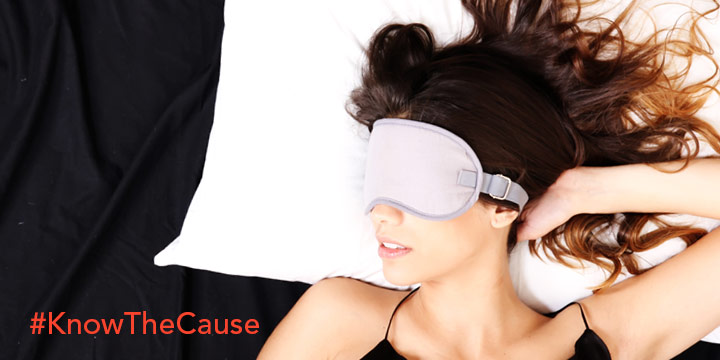

Getting healthy sleep is necessary for good health. Here are some tips to understand and help your journey!
It’s no secret that a good night’s sleep can be extremely refreshing, but many people do not get enough sleep to support optimal health. More and more science tells us that regularly getting proper amounts of deep sleep is critical for performance and long term health for everyone.
Regularly getting good sleep is important for more than just feeling good in the morning. Importantly, our bodies’ restorative processes take place when we sleep.
It is no secret that not getting good sleep can affect your brain’s performance, but did you know that sleep is the time that you processes and solidify information learned the previous day? Without good sleep––and the processes the brain goes through during that time––you are less likely to remember information from the previous day and will have a harder time recalling that information. (So much for all those all-night cram sessions in high school and college!) Lack of sleep is also associated with a spike in health risks, such as high blood pressure, heart disease and diabetes.
Sleep patterns are divided into two cycles (NREM and REM) that repeat approximately every 90 minutes. During the phases of NREM, your blood pressure drops, breathing slows, and muscles become relaxed. Blood supply increases to your muscles and tissues are restored. Certain hormones like growth hormone are released as well. REM sleep occurs following NREM sleep; during this period, dreams occur and energy is supplied to the brain and body. REM sleep is critical for daytime performance.
Ultimately, sleep is critical for a number of biological processes––if you do not get enough sleep regularly, theses processes are not optimally carried out.
Needs for sleep vary, but most people likely need more than they think they do. Generally, the thought is that healthy adults need between 7 and 9 hours of sleep to function optimally. Children require more. Largely, it is a myth that most people can run optimally on 6 hours of sleep. Remember, there is a difference between getting by and optimally functioning.
Sleeplessness affects millions of Americans, but instead of turning to prescription drugs (as many do), there are some things you should try first.
First and foremost, you should plan on getting a good night’s sleep. We all have the same number of hours during the day; if you are serious about maintaining good health, make it a point to get at least 7 to 9 hours a night. Here are some tips that might assist you in getting quality sleep that promotes good health.
Doug Kaufmann has written many books that cover a full range or health issues. Find out which of his books best suits you by clicking the button below.
Doug Kaufmann developed his diet after years studying the clinical effects of pathogenic fungi on the body. Fungi and yeasts can become parasitic organisms on and inside our body, causing health problems that can be difficult to diagnose. Learn more about the Kaufmann Diet, change your life and know the cause.
We encourage all visitors to this site to take some time and study these technical articles prior to initiating lifestyle changes, including dietary changes and to do so with their physician’s awareness and approval. The articles posted in this link are scientific and with few exceptions are taken from medical journals familiar to healthcare workers.
Looking for help assembling antifungal Kaufmann Diet approved recipes for breakfast, lunch or dinner? We have several videos, books and recipe write ups here on Know the Cause that will help your health journey. The recipes in this section are so good, you’ll feel like you’re indulging. No sacrifice needed! Enjoy.
© 2024 Mediatriton Inc. All Rights Reserved • Website by Skynet Solutions